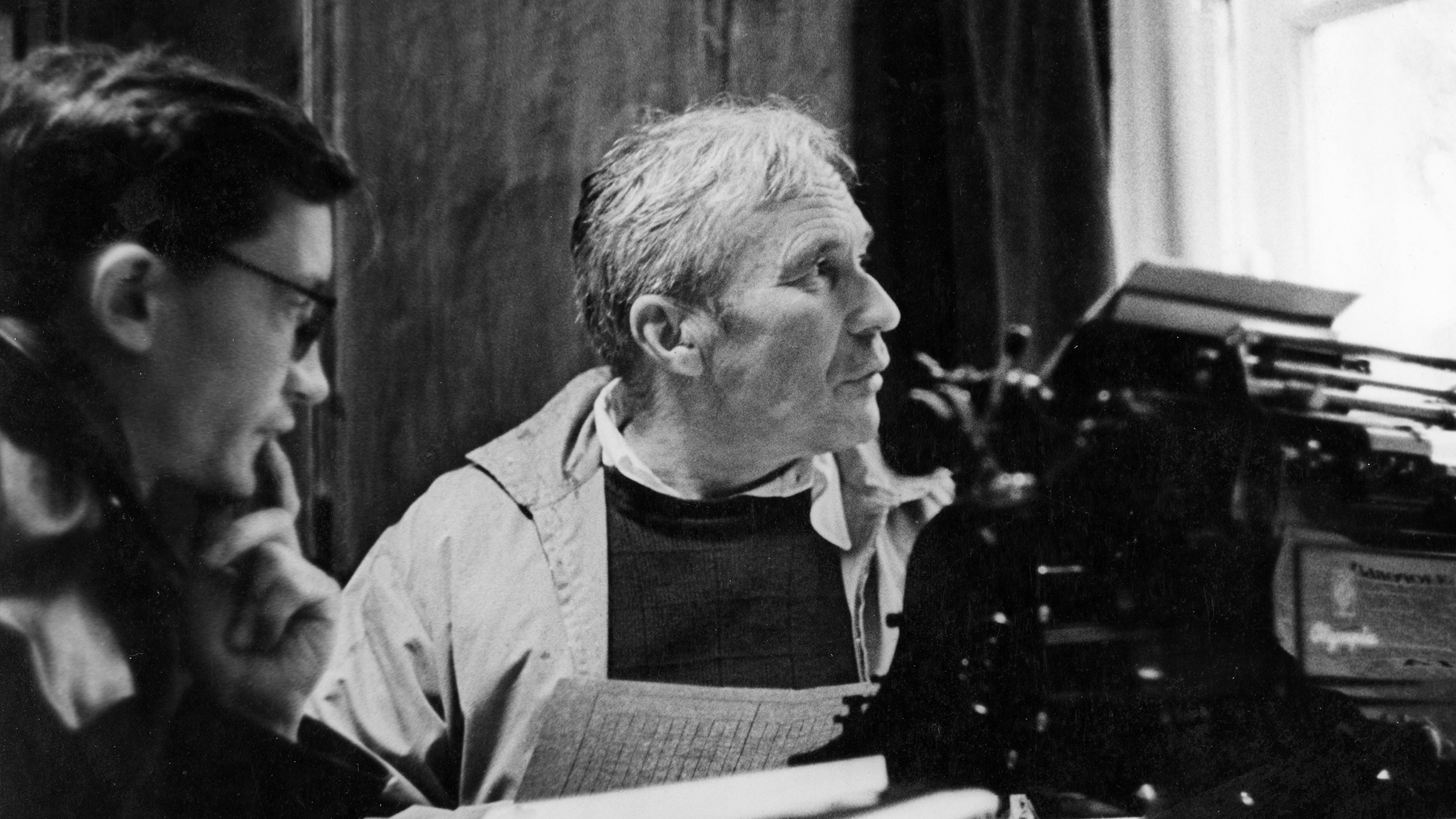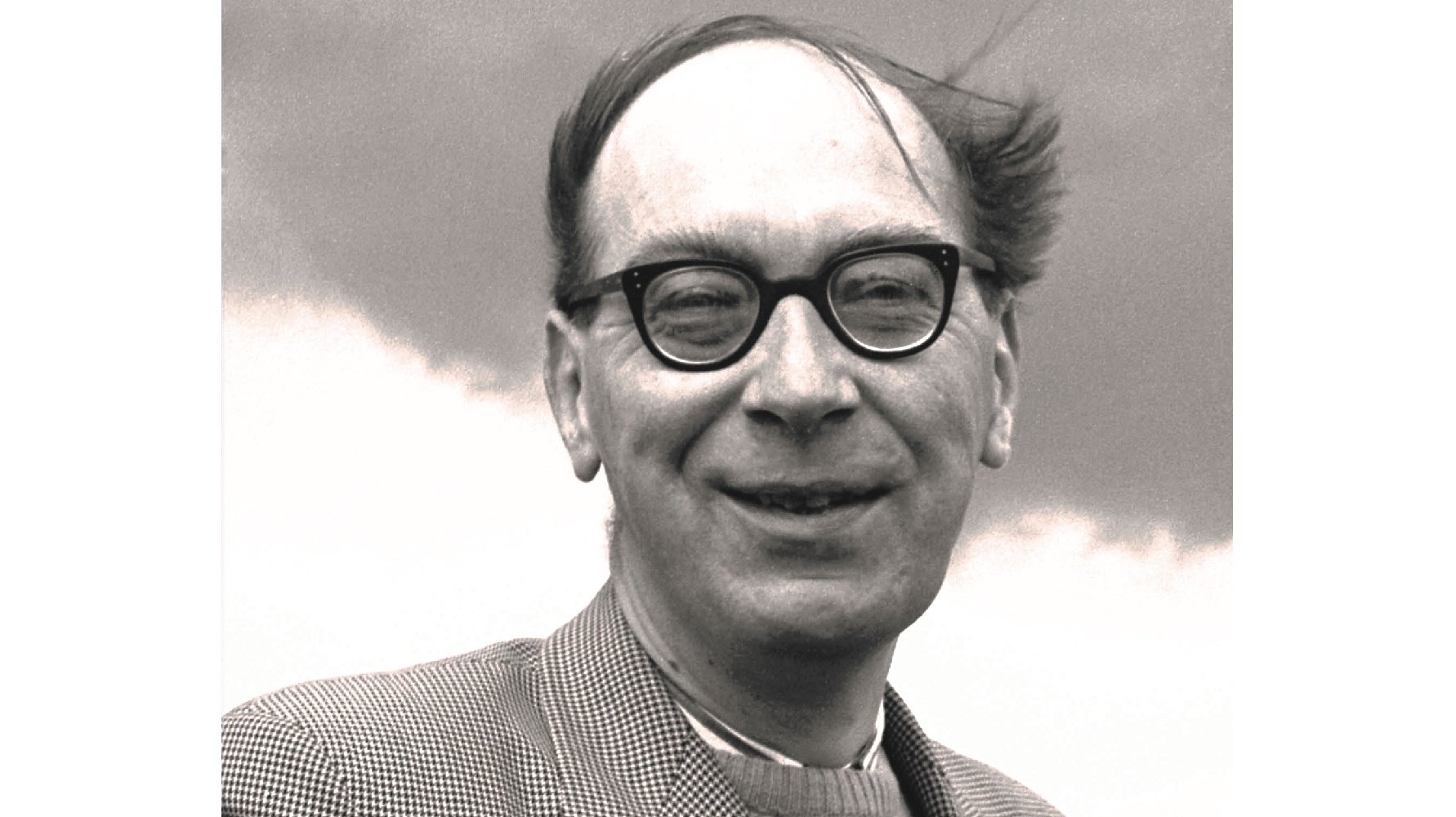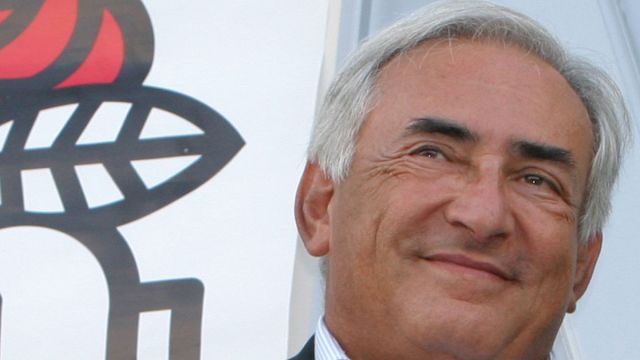How to Compose the Perfect Tweet

What’s the Big Idea?
The study of poetry, Robert Pinsky believes, is crucial in the modern world. As the United States Poet Laureate and Consultant in Poetry to the Library of Congress, Pinsky founded the Favorite Poem Project, a program dedicated to celebrating, documenting and encouraging poetry’s role in Americans’ lives. Recently he told Big Think why it is also crucial that poets study the modern world, especially social networking tools like Twitter. “Twitter is a stage,” he says–but it’s part of the contemporary political climate. Poets should concern themselves with “what people are talking about” now, which has little to do with how the words are arranged on the page, or whether they are printed or digitized.
In fact, poetry happens to be surprisingly well-suited to the current technology: an entire poem can fit on one screen of a computer. Even e-readers, which lack the ability to display lines of verse, present a challenge that “in some ways that goes back to the Greek and Latin poets: they had lines to be heard, but their poems were written on scrolls or wax tablets without spaces.”
What is the significance?
At just 140 characters each, the form is limiting. But that’s the point. (So are sonnets.) And a well-aimed tweet can convey your message in a few seconds to the more than 1,000,000 people who hold Twitter accounts. The key to composing the perfect tweet is to:
Big Think asked Pinsky to read his poem “The City,” then translate it into a tweet.
After brief a pause, this is what he came up with:
Pinsky actually pulled it off in exactly 100 characters!





